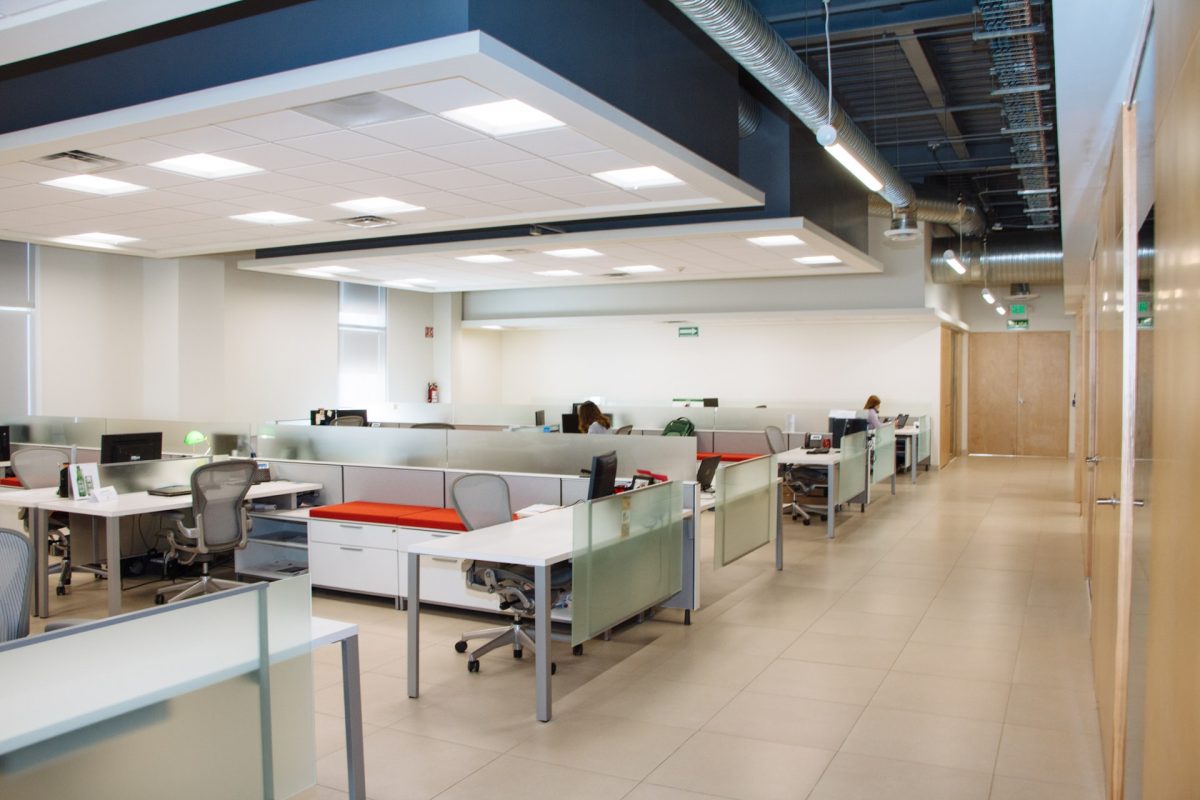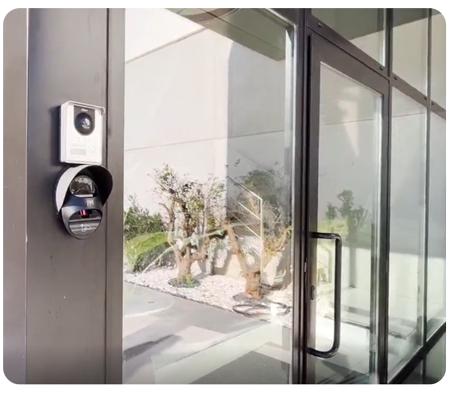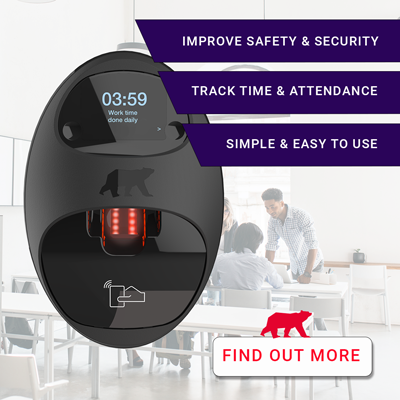

Blog
Is The Office Dead Post Covid?
Almas Team

"Controlling a hybrid office environment and reporting is made easy with biometric systems. Create groups and timeslots to fit in with your team’s new working patterns and to ensure maximum occupancy levels aren’t exceeded."
With an end in sight to the Covid pandemic and the disruption it has caused to all our lives, leadership teams are pondering whether they should continue allowing their staff to work from home, or if they should return to office and continue with the structure of working practices prior to COVID-19.
The UK Government have mooted legislation to protect working from home rights post pandemic in a highly contentious move.
Business leaders are divided in their opinion;
Some argue that COVID was simply a blip in our lives and that working from home and the adaptations to online working such as zoom meetings should be a temporary addition to all our lives. They advocate that virtual is not a substitute for being together face-to-face, which helps to drive innovation and creativity.
Netflix cofounder and co-CEO Reed Hastings said about remote work, “No, I don’t see any positives.” Hastings added, “Not being able to get together in person, particularly internationally, is a pure negative,” when asked about the benefits of working from home.
Flipping to employees, while some have loved the lack of commute, flexi-hours and working in PJs, others have struggled with sub-optimal working conditions, makeshift desks and trying to juggle home-schooling and working full time. They’ve missed the social interaction and routine of ‘going to work’.
“Prior to March 2020, many of us dreamt of working from home,” explains Hannah Adams, a senior manager at Sidcup-based accountants McBrides. “But the reality has proved not to be quite so dreamy.
“I’ve spoken to many colleagues and friends who have changed their minds about working from home having done it through lockdown.
“There are certain jobs that are well suited to being locked away undisturbed at home, but there are also jobs that are better suited to the office. If you offered working from home to my team, I think 90% would say they’d rather be in the office.”
A dangerous culture of digital presenteeism has also evolved during the pandemic which is threatening to lead to burn out of staff at a time when bosses need them to be refreshed and ready to reignite pre-pandemic activity and performance levels.
The home working benefit to companies
There have been companies that view this year as a revolution to the working world and an opportunity to embrace new change, reduce overheads and running costs. The City of London is converting office space to accommodation and Canary Wharf is likely to see huge change as companies scale back the size and cost of their office space as leases come up to break clauses and termination.
Can there be a hybrid heaven?
Perhaps better questions should be, how do your teams feel about returning to the office, how may this impact productivity and how do you manage changing working patterns/ access?
Covid has provided a catalyst for companies to adopt a new business model post-pandemic. This could entail spending 2-3 days at the office and the remainder of the week at home, offering high levels of flexibility for workers without sacrificing office synergy. It seems that employees mostly agree. Around 30% currently feel apprehensive, while 22% are excited and more than a third (34%) just want normality to resume. Around half (49%) say they would ideally prefer hybrid working in the future, where some days are spent in the office and others remotely.
According to the Office of national statistics, before the pandemic, there were only 5% of the workforce that worked from home with the bulk of work being conducted at the office. This was as a result of 65% of employers either not offering regular home working or only offering it to 10% or less of the workforce. Post-pandemic, however, it is likely that the number is likely to fall to only 37%.
Most people have become accustomed to working from home and businesses have had a years’ worth of practise accommodating to this. However, it will take a huge cultural shift for companies to fully adopt this new way of working permanently including the changing of company policies and ensuring that both physical and online security does not suffer as a result.
What does this mean for security, access control and time and attendance?
Whilst hybrid working can seem like nirvana for both businesses and workers, there will have to be new monitoring systems to keep you on the right side of legislation.
For example, if the staff are working from home sometimes, how do you track when your staff are in or out for H&S purposes and for T&A for the working time directive?
Knowing who is on site and who isn’t is extremely important for safety purposes especially during incidents such as fire alarms or emergency evacuations/ lock downs.
Onsite access control terminals will not always be used due to the lack of physical presence it will be difficult to check the number of hours that the staff have worked opening companies up to issues such as time theft.
Can you prove that your team haven’t worked more than 48 hours per week? (unless they’ve opted out of course). In an increasingly litigious culture, it is vital your company is protected and have records. If you don’t have a remote time and attendance solution and are planning to continue with home working post pandemic, you need to be looking at the options.
Controlling a hybrid office environment and reporting is made easy with biometric systems. Create groups and timeslots to fit in with your team’s new working patterns and to ensure maximum occupancy levels aren’t exceeded.
Almas can help with the transition into hybrid working, upgrading your site to a safe, secure, and creative, post-pandemic future. We’ve been working with biometrics for years including both fingerprint and contactless, facial recognition access control, and biometric time and attendance solutions.
Safeguard your business with customer focussed solutions and service and prepare for hybrid heaven.
Contact the team at Almas Industries today to discuss biometric access control, biometric readers, or facial scanners for your business. You can call us on 0333 567 77 99 or email us: enquiries@almas-industries.com



